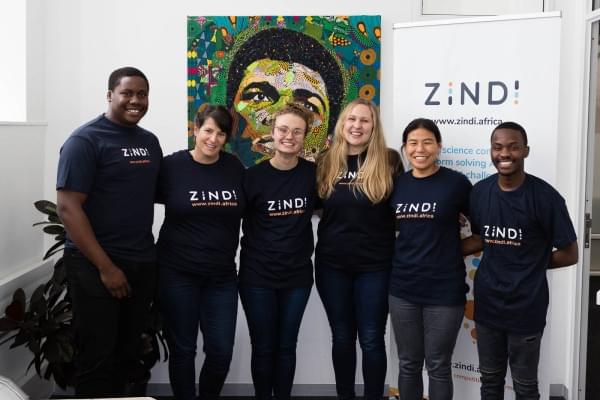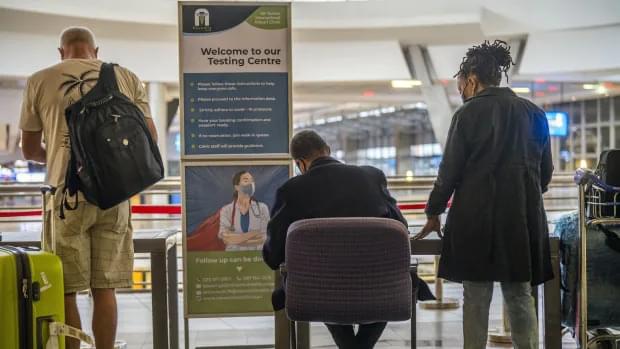Zindi is all about using AI to solve real-world problems for companies and individuals. And the South Africa-based crowd-solving startup has done that over the last three years they have been in existence.
Just last year a team of data scientists under Zindi used machine learning to improve air quality monitoring in Kampala as another group helped Zimnat, an insurance company in Zimbabwe, predict customer behavior — especially on who was likely to leave and the possible interventions that would make them stay. Zimnat was able to retain its customers by offering custom-made services to those who would have otherwise discontinued.
These are some of the solutions that have been realized to counter the data-centered challenges that companies, NGOs and government institutions submit to Zindi.





